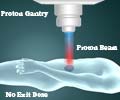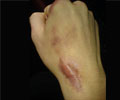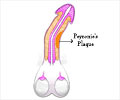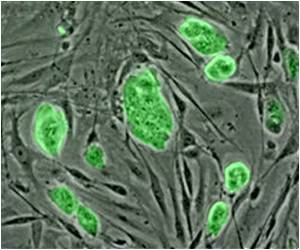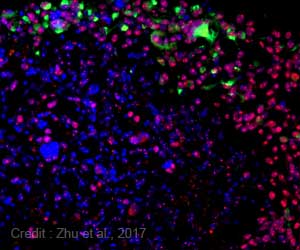
‘Patients who have pancreatic cancer have low survival rates due to the intense scar tissue that hampers any cancer treatments.’
Tweet it Now
"Our ongoing mission is to fully understand how the scar tissue influences cancer behavior so that we can develop more effective treatments for patients with this disease, where sadly very few are successful." Each year around 9,800 people in the UK are diagnosed with pancreatic cancer. Scar tissue is a particular problem in the disease, where it forms the largest proportion of tumor volume out of any type of cancer.
The intense scar tissue forms a protective wall around the cancer, hampering treatments including chemotherapy, immunotherapy or radiotherapy. This contributes to it being a particularly aggressive disease, with the lowest survival rate of all cancers - fewer than five per cent of patients survive for five years or more.
By looking at pancreatic cancer samples from 16 patients in the UK, Germany and Australia, and 50 surgically resected tumors from France, the study, published in the Journal of Pathology, now shows that there are at least four different types of scar tissue, and each may influence the cancer in a different manner.
Co-lead researcher Dr Anguraj Sadanandam, Team Leader in Systems and Precision Cancer Medicine at The Institute of Cancer Research, London, said: "We used complex computational analysis to look at the dense scar tissue that makes pancreatic cancer so difficult to treat.
Advertisement
"Our work could help pave the way for new personalized medicines, so that in future, people with pancreatic cancer could be offered those treatments most likely to work for them."
Advertisement
Finding which type of scar tissue is predominant in a patient may indicate to clinicians which patients will do well with treatment and which will not. The work paves the way for researchers to develop new treatments which are tailor-made for a particular patient.
Source-Eurekalert




